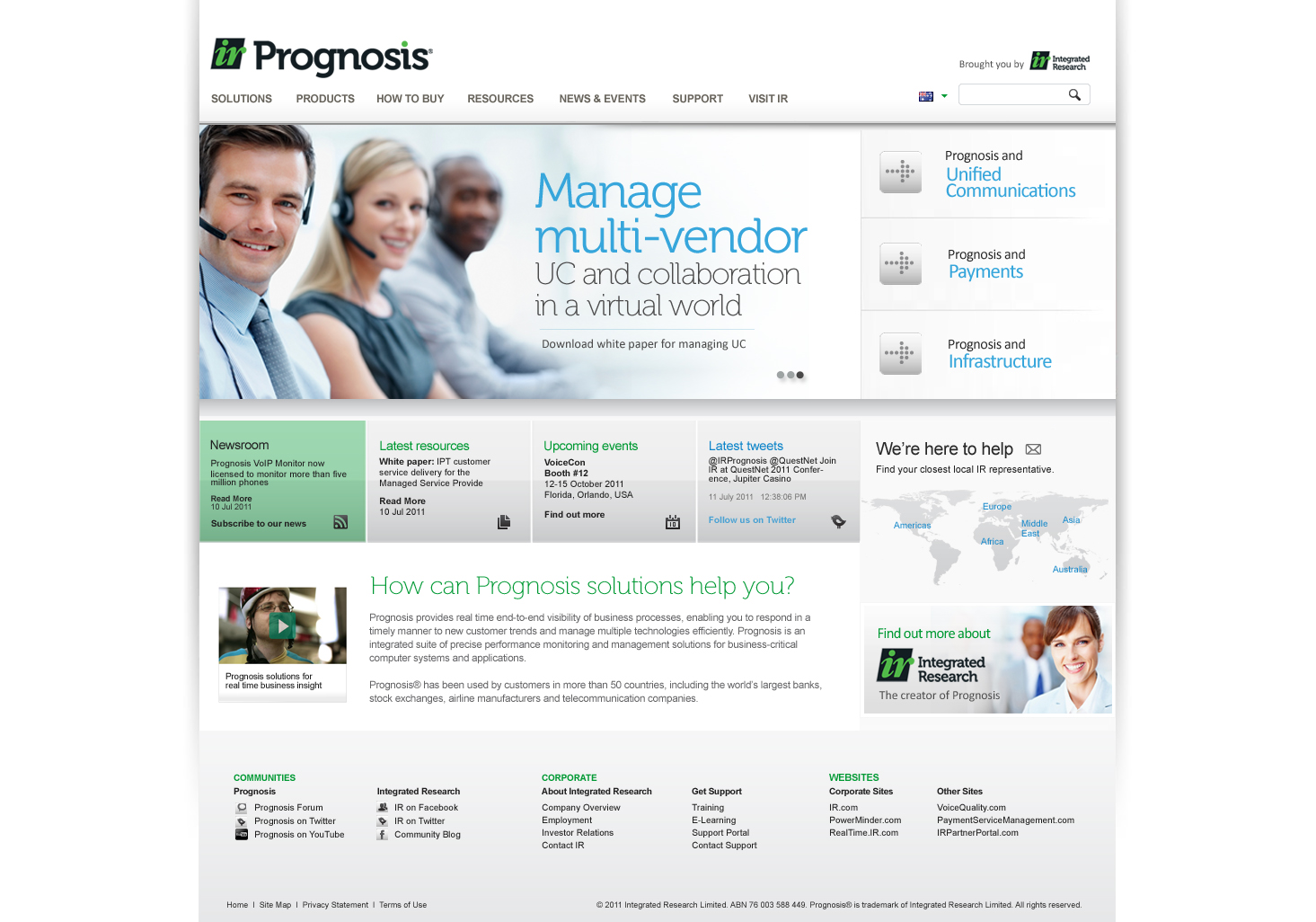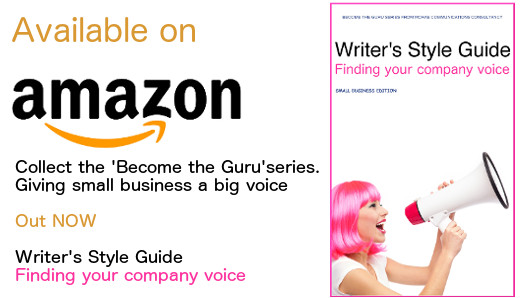 I’d say it was about 10 years ago when I noticed a change in writing roles and position descriptors. Writers and communication specialists were no longer just expected to provide content for marketing communication campaigns or editorial for magazines. Strategy and deliverables didn’t stop with printed brochures on good paper and quality giveaways. It had expanded way beyond, into a world of multi-media, flash, microsites, CMS, social media, Webinars, and email campaigns. Landing pages, and terms like Search Engine Optimisation (SEO), or Search Engine Friendly (SEF) became the buzzwords.
I’d say it was about 10 years ago when I noticed a change in writing roles and position descriptors. Writers and communication specialists were no longer just expected to provide content for marketing communication campaigns or editorial for magazines. Strategy and deliverables didn’t stop with printed brochures on good paper and quality giveaways. It had expanded way beyond, into a world of multi-media, flash, microsites, CMS, social media, Webinars, and email campaigns. Landing pages, and terms like Search Engine Optimisation (SEO), or Search Engine Friendly (SEF) became the buzzwords.
It became quite obvious that to succeed as a commercial writer, one had to take up one’s quill and move with the times.
I began taking courses about writing for the Web, and what it really meant to write SEO copy. I strongly suggest if you want to earn your living as a writer, that you explore this as I have done as it will lead to a greater number of opportunities for you.
I’m afraid it simply won’t do to dump all the content from your printed brochures onto your website or load them on as PDFs. The way you write for Web is completely different from the way you write for traditional print.
Online content is vastly different from any other medium. The ability to include links, scroll a page, embed multimedia, layer into self-contained ‘chunks’ and optimise for search engines means authors need to apply a unique set of writing skills.
On top of this, as a writer you must also abide by the more established online writing conventions with the ultimate aim of creating content that is concise, scannable and objective.
Compliance
There are always rules and regulations authors must attempt to adhere to. Apart from English basics, your web content often needs to encompass:
• Its own writing conventions
• Company guidelines (including house style)
• Legislative requirements
• Governing standards
Search engine optimisation (SEO)
Whether your content is destined for a worldwide or internal (intranet) audience, making it searchable or easy to find all adds up to an enhanced user experience. Optimised content might also help make that sale or alleviate a disgruntled call to a Helpdesk. It can help when people are researching – in the early stages of the buyer’s journey. Whichever way you look at it, it’s a time saving or money-generating element. So it is important to know about SEO and use it.
Accessibility
Web accessibility is about helping people with a range of disabilities (visual, auditory, physical, speech, cognitive and neurological) to understand, perceive, navigate and interact with a website.
Companies and sites that fail to incorporate accessibility guidelines can be in breach of Federal Disability Discrimination Act 1992 legislation.
To summarise
- Always write clear and concise copy
When you write for the Web, you have to be clear, concise and engaging. Nowadays we are living in a culture of immediacy. Everything is instant. So if you are delivering content online, you have to get your message across immediately.
- Content must be scannable
Research suggests that people don’t read every single word. They scan the content. So make sure you use keywords, hypertext links, typeface variations, meaningful headings, one idea per paragraph, half the word count you would usually use, and finally – the inverted pyramid style where you start with the conclusion.
- Keep content credible
Let’s face it, you could be any Tom, Dick or Harry, passing of your view on the world as the authority absolute. Understandably, trust is a key concern for many, so it is a good idea to link your information to reputable authors or sites. Avoid cringe-worthy “marketing/sales type” spiels such as “the best ever” “the hottest deal”. All that will do is turn your readers off and encourage them to visit a more reputable site.
- Make sure people can find your content. Make it searchable.
I would like to leave you with one more tip, and that is on the subject of SEO. It might sound easy enough to select appropriate keywords but you have to remember that your competitor will probably be using the same keywords. If you are going to use keywords, make sure you are using ones that are specific to the business and products you are writing about. It sounds obvious – but you would be surprised.
If you would like to know more about keyword density and what the current recommendations are, you can email me at info@eviemcrae.com
In the meantime, please visit my portfolio page for links to websites I have provided content for in the last 12 months or so. As you read through, you may be interested to note that in many of these cases I have been responsible for, not only coming up with taglines, messaging and creative direction, but upload to intranet and getting involved in the CMS too.
 Send to Kindle
Send to Kindle

